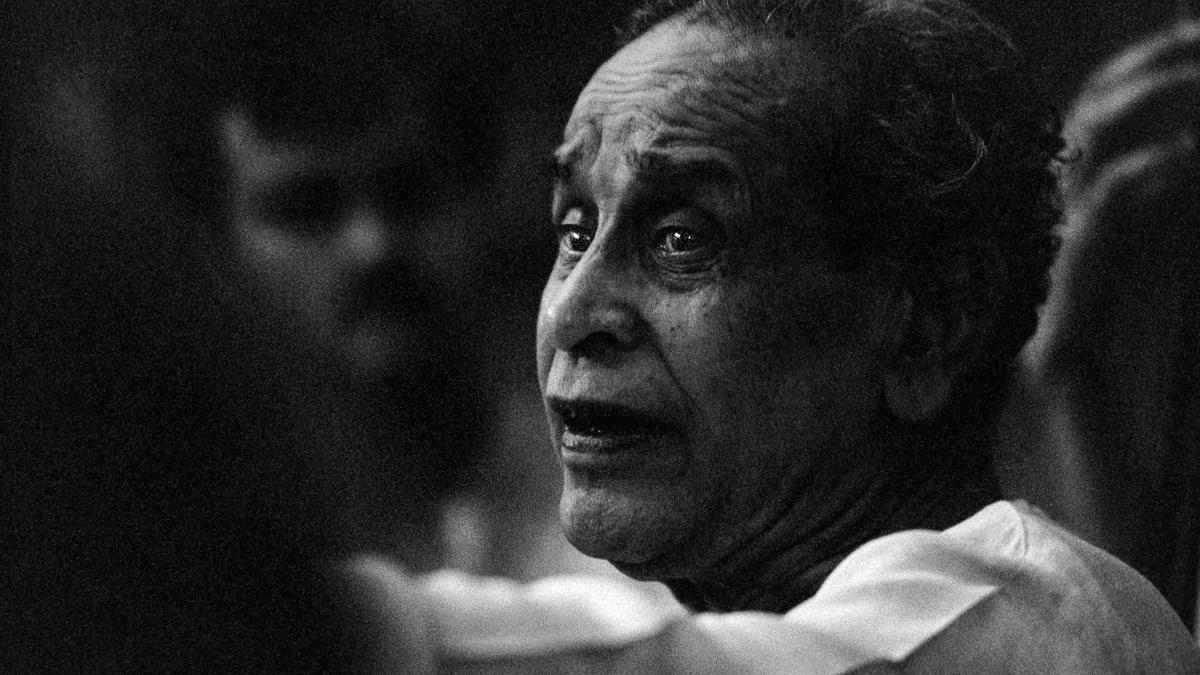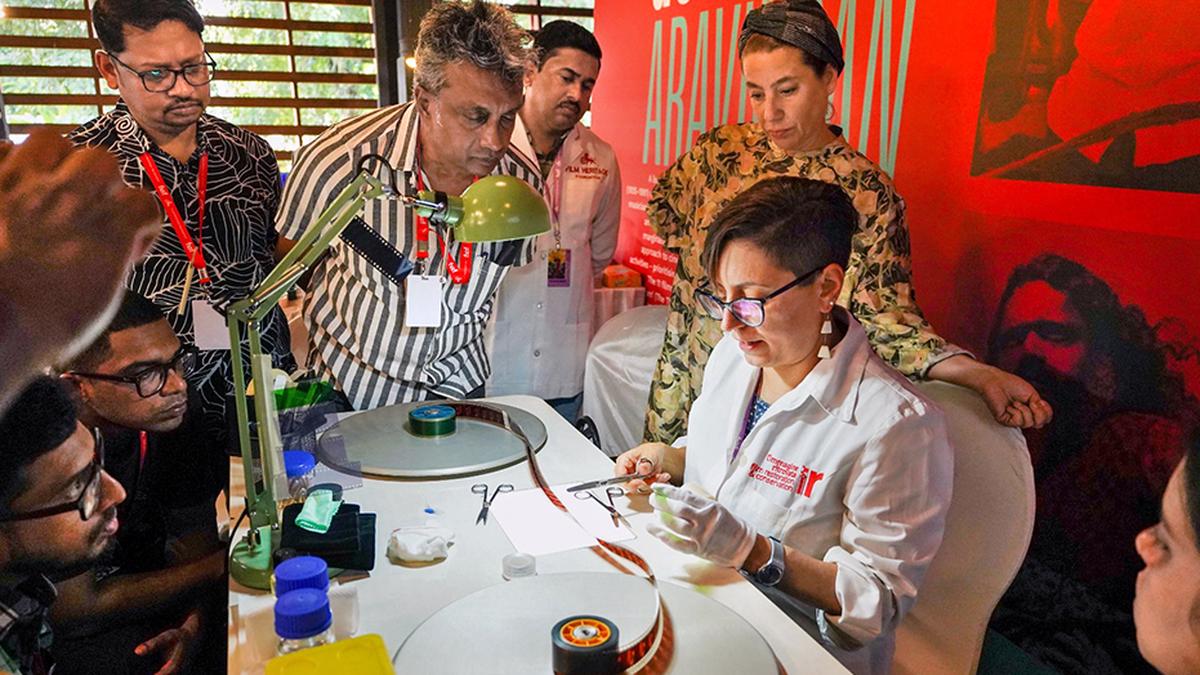Prime Minister Narendra Modi and his Singapore counterpart Lee Hsien Loong witness the launch of cross-border connectivity between the UPI of India and PayNow of Singapore via video conferencing.
| Photo Credit: ANI
India’s Unified Payments Interface — better known as UPI — and Singapore’s PayNow were officially connected on Tuesday, allow for a “real-time payment linkage”. The virtual launch was led by a phone call between Prime Minister Narendra Modi and his Singaporean counterpart Lee Hsien Loong.
“Today is a special day for India-Singapore friendship and for our efforts to deepen collaboration in FinTech and innovaton. The participation of my friend PM Lee Sien Loong made this morning’s programme even more special,” Mr. Modi said. The linkage is set to ease financial transactions for the Indian diaspora.
Also read: RBI allows UPI-based transactions for inbound travellers to India
Singapore has now became the first country with which cross-border Person to Person (P2P) payment facilities have been launched. “This will help the Indian diaspora in Singapore, especially migrant workers/students and bring the benefits of digitalisation and FINTECH to the common man through instantaneous and low-cost transfer of money from Singapore to India and vice-versa,” said the Ministry of External Affairs. UPI payments through QR codes are already taking place in Singapore, though at a limited number of outlets.
“Delighted to launch the linkage between PayNow and India’s Unified Payments Interface (UPI) with PM Narendra Modi today. Congratulations to the Monetary Authority of Singapore, the Reserve Bank of India and all the stakeholders in Singapore and India who have helped make the linkage a reality,” Lee Hsien Loong said at the event.
Demonstrating the link, the Reserve Bank of India’s Governor Shaktikanta Das and the Monetary Authority of Singapore’s Managing Director Ravi Menon made live “cross-border transactions” to each other using their mobile handsets.







